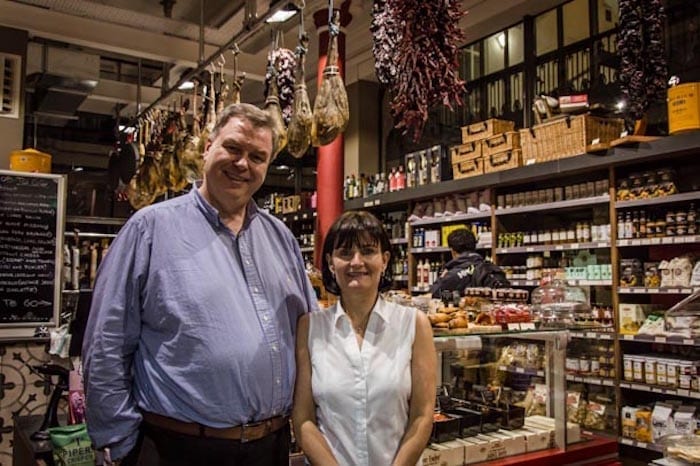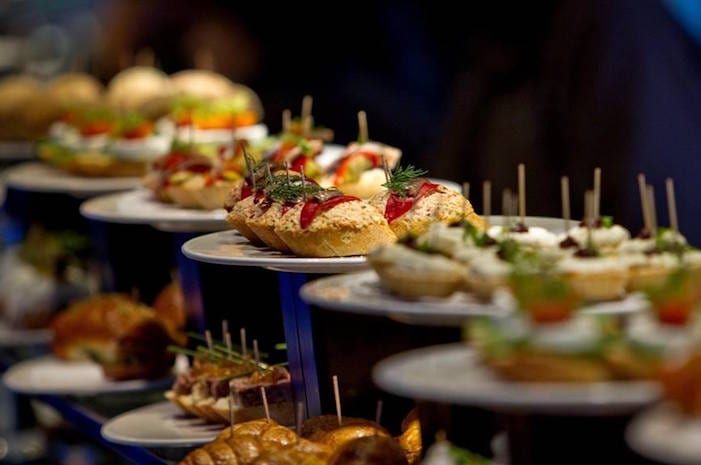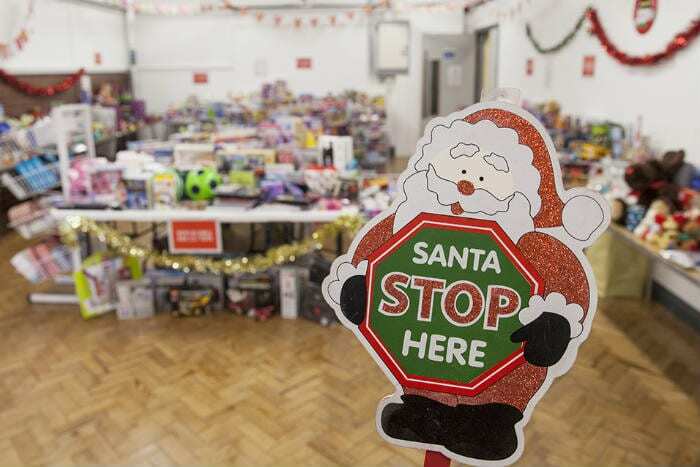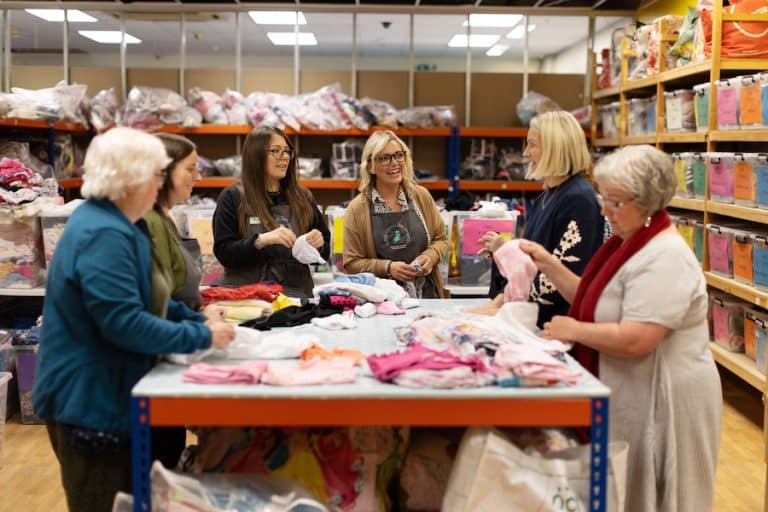The price of Brexit: Manchester restaurant hit by huge increase in cost of imported goods
- Written by Tom Ingham
- Last updated 8 years ago
- Food & Drink

Brexit, Brexit, Brexit. It’s the topic that consumed our lives for weeks, and whilst some disappointed remain voters will be coming to terms with the outcome and sitting down to dine with their ‘leave’ counterparts, the debate is bound to continue if they find the price of their imported red wine has increased.
The fallout from the EU referendum has caused great uncertainty. We have a new prime minister, there’s a contest for the leadership of the Labour party, EU members are undecided as to how to treat the UK, and then there’s the economy.
Speculation over access to the single market and EEA aside, it’s hard to know how this will play out, but what immediate and basic effects is the decision to leave the European Union having on our food and drink industry? An industry which, according to the Food and Drink Federation, overwhelmingly wanted to remain.
“As a business, we have mixed feelings about the impact of the UK leaving the EU. 80% of our deli and restaurant products come from Spain. We either import them directly or use a network of trusted brokers and importers to do it for us.”
Peter Kinsella, executive chef and proprietor at Lunya, is a man whose business relies on trade from EU countries and relies on a strong pound.
“With the current drop in the strength of the pound against the euro and some of the predictions about it potentially getting worse, it means that the costs of our imports go up considerably. We experienced this straight away on the Friday of the referendum result when the cost of the invoice for our jamón went up by £1,000, purely because of the exchange rate.”
There was a lot of scaremongering in the build up to the referendum, and I’m certainly not going to join in with that, but how are local traders going to cope with immediate consequences such as this?
“Presently, we’re managing these costs within the business and it isn’t being seen in any price rises and we hope to keep it that way for as long as possible. Obviously, the nature of our business as a Catalan deli and restaurant, we can’t swap these products for UK based ones.”

At the moment the impact hasn’t trickled down to the consumer, but is there a cause to be optimistic?
“The flip side of this, though, is that the UK is very cheap to visit for foreign tourists at the moment, as they gain from the weak pound, and we expect to see an increase in visitors from across Europe and the world as a consequence. Manchester (and Liverpool where we have our other site) have seen significant increases in inbound tourism in the last five years from which we benefit and we expect that to continue to grow.”
But unfortunately, everything comes back to uncertainty. I’ve spoken to other restaurants who don’t wish to comment at this stage for that very reason, but with a ‘European-inspired’ product often comes a European workforce, and at the moment there is some cause for concern over their jobs.
“A future worry for us is the status of Europeans who are currently living and working in the UK, and those who may come in the future. We love the fact that our workforce is truly cosmopolitan, reflecting everything that we think is great about Manchester and the UK – and we love the cosmopolitan nature of Manchester, becoming a great European city, that attracts migrants and tourists alike. Many of our customers visit, not just for the authentic food and drink, but to remind themselves of their visits to Spain, to speak Spanish with our staff and for the Catalan and Spanish vibe.
“There’s a lot of uncertainty about the future, and we hope that is resolved quickly and positively. The uncertainty around this may cause some people to leave or to decide not to come at all. We are working with the Federation of Small Businesses to press the government to act quickly and positively in this regard.”
At the moment the price of your small plates and glass of vino hasn’t changed, but it’s very early days. Will consumers have to accept higher costs as part and parcel of our decision to leave the EU? Only time will tell.
- This article was last updated 8 years ago.
- It was first published on 14 July 2016 and is subject to be updated from time to time. Please refresh or return to see the latest version.
Did we miss something? Let us know: [email protected]
Want to be the first to receive all the latest news stories, what’s on and events from the heart of Manchester? Sign up here.
Manchester is a successful city, but many people suffer. I Love Manchester helps raise awareness and funds to help improve the lives and prospects of people across Greater Manchester – and we can’t do it without your help. So please support us with what you can so we can continue to spread the love. Thank you in advance!
An email you’ll love. Subscribe to our newsletter to get the latest news stories delivered direct to your inbox.
Got a story worth sharing?
What’s the story? We are all ears when it comes to positive news and inspiring stories. You can send story ideas to [email protected]
While we can’t guarantee to publish everything, we will always consider any enquiry or idea that promotes:
- Independent new openings
- Human interest
- Not-for-profit organisations
- Community Interest Companies (CiCs) and projects
- Charities and charitable initiatives
- Affordability and offers saving people over 20%
For anything else, don’t hesitate to get in touch with us about advertorials (from £350+VAT) and advertising opportunities: [email protected]

The very special toy shop where parents don’t pay a penny is open – and busier than ever

Manchester’s oldest homelessness charity celebrates 40 years of supporting the needy

Games, science and history collide at Manchester’s Science and Industry Museum this winter

Best bars and pubs to watch the football and live sport in Manchester

How Baguley Hall Primary School is nourishing minds with a morning Magic Breakfast












